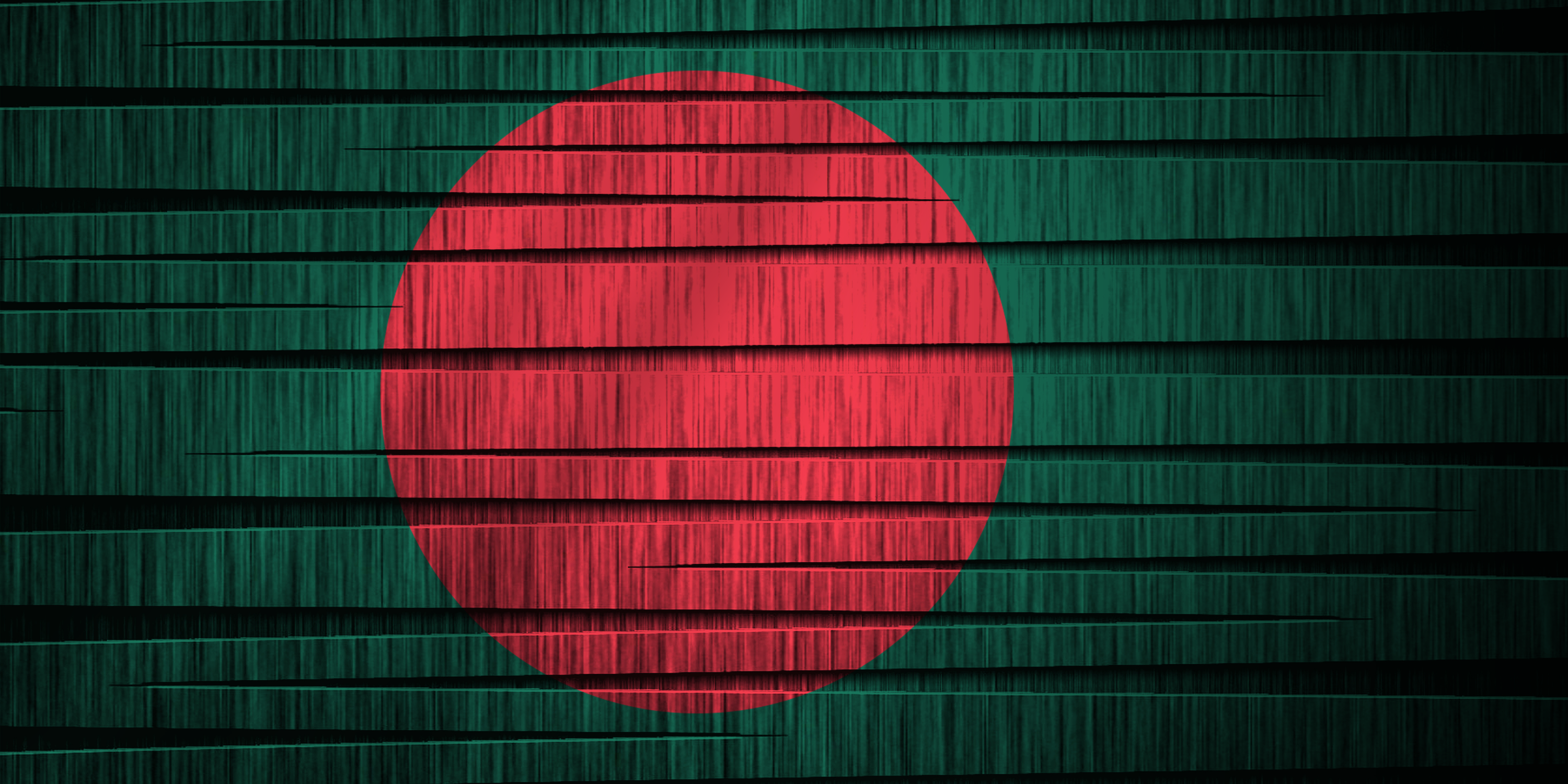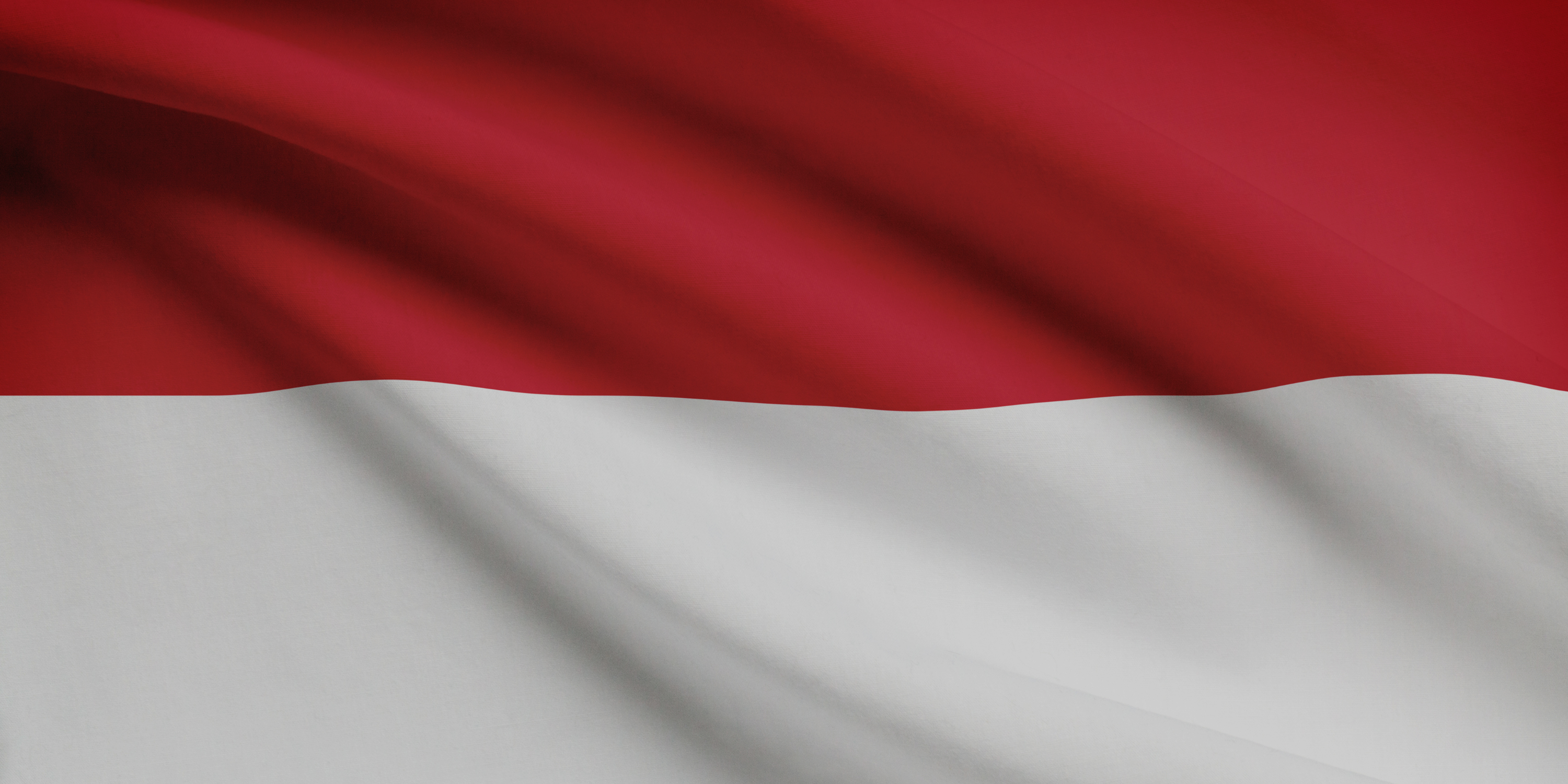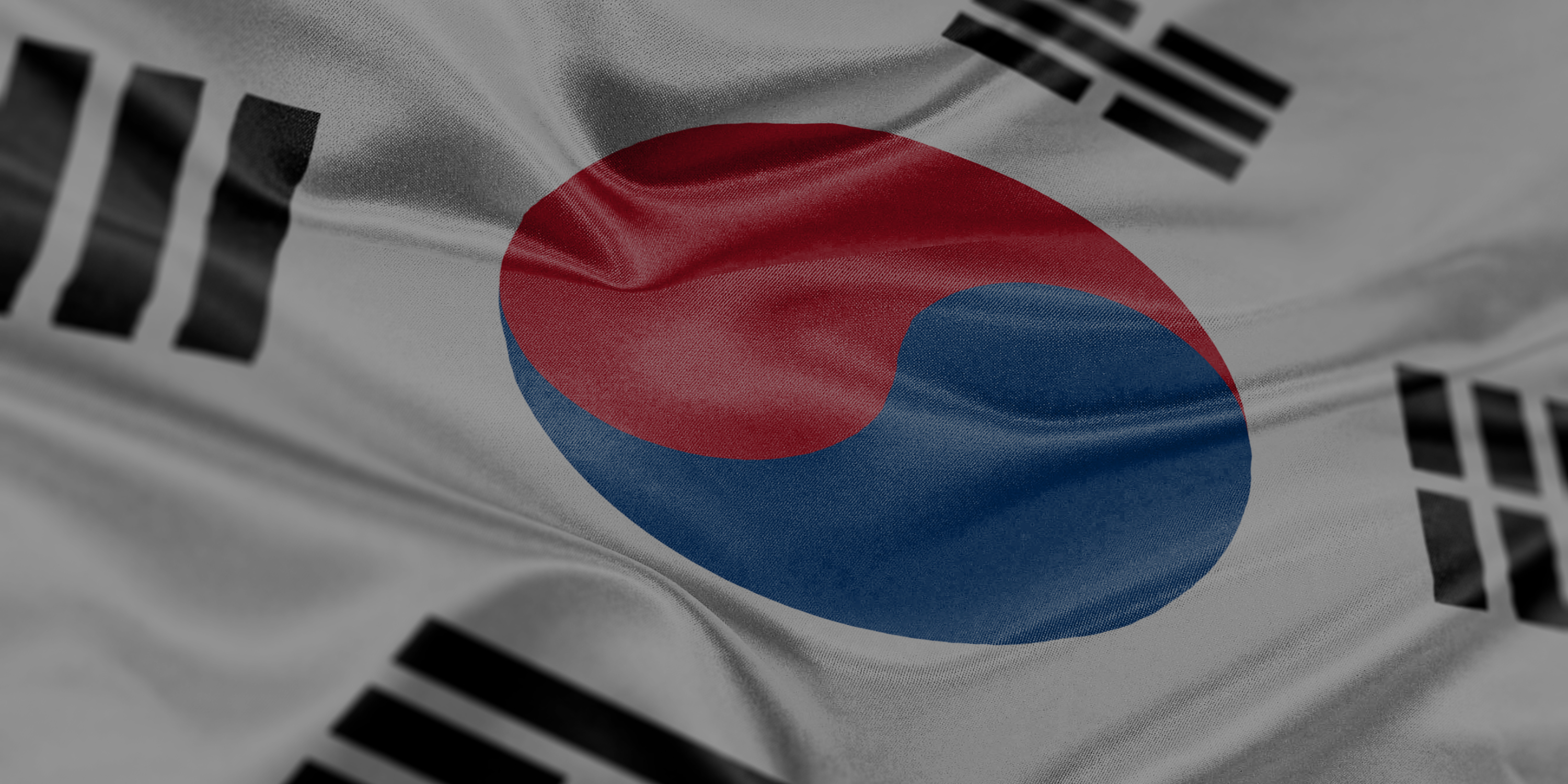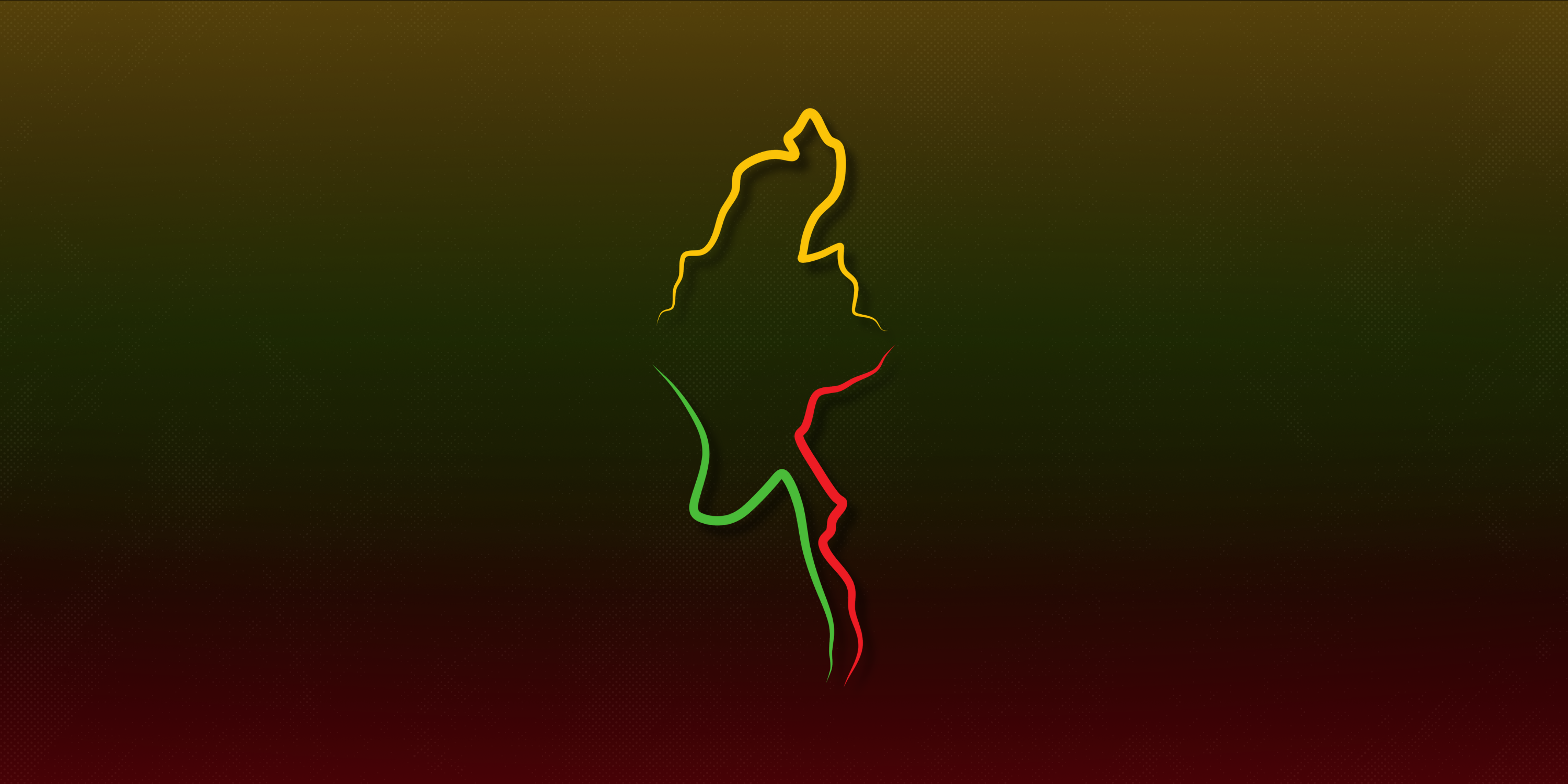On August 5th, Sheikh Hasina, Bangladesh’s prime minister for over 15 years, fled the country after popular protests swept the capital city. Her departure has created a political vacuum, filled only by the interim government led by Nobel Peace Prize-winner Muhammad Yunus. This transition presents numerous opportunities and risks, domestically and internationally, for Bangladesh.
Key Takeaways:
-
The fall of Prime Minister Sheikh Hasina’s government was triggered by student-led protests against a quota system seen as institutionalized nepotism, which escalated due to brutal crackdowns by state forces and years of undemocratic rule.
-
Nobel laureate Muhammad Yunus has been appointed to head the interim government, primarily responsible for ensuring stability and organizing snap elections.
-
Bangladesh’s political upheaval raises concerns for neighboring India as Dhaka grapples with potential shifts in its foreign relations, particularly in favor of China.
The fall of Prime Minister Sheikh Hasina’s government in Bangladesh in early August was precipitated by widespread student protests in June, demanding a reduction in quotas for public sector employment. These quotas allocated up to 30% of jobs to the descendants of individuals who fought for Bangladeshi independence in 1971, despite this group comprising only about 1% of the population. This institutionalized nepotism also sparked student protests in 2018, which led to Hasina’s government ending the quota system. However, the reinstatement of the quotas by the Bangladesh Supreme Court in June of this year reignited protests.
The government’s response involved mobilizing police, army, and paramilitary forces, all of which have been criticized for past human rights abuses and have been sanctioned by the United States. Initially peaceful, the protests were met with severe repression, including restricted internet access and the imposition of a strict curfew. The ensuing violence by security forces resulted in approximately 600 deaths and thousands of injuries, according to a preliminary report by the Office of the United Nations High Commissioner for Human Rights.
Although the contentious quotas were eventually abolished, satisfying the protesters’ demands, public dissent persisted, with demonstrations resuming on August 4th, following the lifting of a curfew. This time, the protests, which had grown beyond the student base to encompass broader societal participation, focused on condemning the government’s brutality and calling for Hasina’s resignation. Despite the escalating violence, including nearly 100 deaths on the first day of renewed protests, the demonstrators announced a “March on Dhaka” on August 5th, intending to confront the prime minister directly.
While the initial outlook suggested that Hasina might retain power through force, the situation evolved as clashes between demonstrators and security forces revealed a shift in the army’s stance, with the military appearing reluctant to continue its role in repression. This shift culminated in Hasina fleeing the country—reportedly through a combination of car, army helicopter, and plane—and eventually seeking refuge in India, a country with which she had maintained close relations. Her decision to flee was likely also influenced by her family’s history, particularly the assassination of her father, Sheikh Mujibur Rahman, Bangladesh’s first president, during a military coup in 1975. Bangladesh’s history of coups, including the last successful one in 2007 that led to an interim government before Hasina’s eventual return to power in 2009, underscores the precarious nature of the country’s political landscape.
Although the army did not actively participate in the removal of Hasina’s government, its decision to abstain from further repression was instrumental in the regime’s downfall—although the “March on Dhaka” was marked by significant casualties, with approximately 140 deaths, mainly due to police and paramilitary action. However, to some extent, the riots that came after Hasina’s flight to India were also to blame. The breakdown of the social contract following Hasina’s departure resulted in targeted violence against local minorities, particularly the Hindu community—perceived as supporters of Hasina’s political party, the Awami League— Awami League politicians, other minority groups, and some historical sites. Efforts to restore order by the military, student leaders, and the interim government gradually calmed the situation, although lingering hostility towards the former ruling party remains.
A Nobel Prize Winner and students at the helm
In the aftermath of Hasina’s escape, the political situation remained uncertain, with the potential for a military coup still looming. However, the students, who played a central role in the protests, strongly opposed further military involvement in governance. The army ultimately acted in a mediating role between students, political parties, and civil society. This led to the appointment of Muhammad Yunus, a Nobel Peace Prize-winning economist known for his work on microfinance and perhaps the most famous Bangladeshi of our time, as the head of the interim government. Yunus is a long-time critic of Hasina’s regime who had faced persecution and criminal charges and who had been forced to leave the country. Despite his past failed attempts to enter politics, he was the students’ preferred choice to lead the transitional government, which also includes prominent figures from the student movement, former government officials, and human rights advocates.
The primary task of the interim government is to organize democratic elections. The timing of these elections will be an inherently political decision. If elections are held within months, the Bangladesh National Party (BNP), which had boycotted elections under Hasina due to their undemocratic nature, will likely emerge victorious. The release of imprisoned opposition leaders, including BNP chairperson Zia Khaleda, the country’s first female prime minister who has been under house arrest since 2013, could further bolster the BNP’s chances. Although the dethroned Awami League intends to participate in the forthcoming elections, its future leadership is uncertain, with many senior members, including Hasina, facing legal challenges.
The exact date of the elections remains undecided. Historically, transitional governments in Bangladesh have taken up to two years to organize elections. A delayed election timeline would benefit the student protesters, who are seeking to establish a new political party representing broader segments of the population. Such a party could diversify a political landscape traditionally dominated by the Awami League and BNP, which are similar in their nationalism but differ in religious alignments: the BNP is closer to the Islamist parties, while the Awami League is secular and more Hindu-friendly.
Less India, more China?
The fall of Hasina’s government also raises questions about Bangladesh’s international relations, particularly its historically close ties with India. Hasina had maintained a strong relationship with India and its prime minister, Narendra Modi, who now faces the challenge of navigating a new political landscape in Bangladesh. New Delhi views any political alternative to Hasina as unfavorable to Indian interests. In recent years, India has also seen relations worsen with Nepal and the Maldives, which have deepened their ties with China. As such, the Indian government is responding to the situation in neighboring Bangladesh with restraint and caution. After Hasina’s escape and the formation of an interim government, New Delhi called for social order to be restored in Bangladesh, emphasizing the protection of the country’s Hindu minority and a commitment to continued bilateral cooperation to ensure peace, stability, and development.
In Bangladesh, there is significant resentment towards India, particularly concerning its perceived interference in the country’s domestic politics, the Hindu nationalism of India’s ruling party, and discrimination against Muslims in India. Since Hasina’s resignation, there has been a surge in violence against Hindus in Bangladesh, with reports of attacks on Hindu temples, shops, and homes, which appear to have been largely exaggerated in the misinformation spread on social media in India. The Modi government has securitized the situation, fueling nationalist and anti-Muslim sentiments and inciting “retaliatory” attacks on Muslims in India. New Delhi will need to formulate a new strategy to maintain good relations with the new leadership in Dhaka, yet its biggest concern—and the most unfavorable scenario for India—is that the political crisis leads to rapprochement between Bangladesh and China.
Bangladesh also shares a border—a smaller one than its border with India—with Myanmar, which has been embroiled in a civil war since 2021. Bilateral relations between the two countries have been strained, especially since 2017, when hundreds of thousands of Rohingya Muslims fled to Bangladesh to escape religious and ethnic persecution. Since the military coup in Myanmar in early 2021, relations have further deteriorated, complicating bilateral relations and displacing Bangladeshi citizens from border areas. The ongoing conflict in Myanmar has worsened this humanitarian crisis, leading to new waves of refugees into Bangladesh. Since 2017, Dhaka has been trying to negotiate with Naypyidaw a way of repatriating the Rohingya, but the 2021 coup in Myanmar halted talks. With the current political crisis in Bangladesh, the matter of Rohingya repatriation and illegal migration will likely be overshadowed by a focus on domestic political and economic reforms. Moreover, the attention of Bangladesh’s security forces and military may also be diverted from the border regions, not only with Myanmar but also with India, potentially worsening the security situation and leading to an increase in illegal migration.
The US and the EU largely overlooked the undemocratic nature of Hasina’s regime due to economic and geopolitical interests, particularly in countering China’s influence in the country. However, Yunus, now interim prime minister, is likely to be seen as a more favorable partner for the West, including in terms of values. His plans for political and economic reforms would undoubtedly benefit from Western support. His interim government will likely seek to strengthen relations and economic cooperation with countries in the Indo-Pacific, including India, China, and Japan. The Chinese leadership wants to enhance its influence in Bangladesh, where India has held sway. Beijing stands to benefit if the BNP party—significantly more open to forging closer relations with China than Hasina’s government was—does well electorally. However, New Delhi still has a chance to retain significant influence in Bangladesh, not merely because of geographical proximity or history. While wary of Modi, Yunus and his transitional government won’t want to become too dependent on Beijing.
Domestically, there are signs of progress. The long-standing issue of job quotas appears settled for good, while the protesters, political parties, civil society, and even the military now seem to agree on restoring democracy. Religious tensions will persist, but greater involvement of progressive students in politics offers some hope for overcoming these divisions. Yet, Bangladesh will need to make crucial decisions about its international orientation. New Delhi’s ties to the now-deposed Hasina complicated its traditionally close relationship with India. There is the possibility of better relations with the West. But the China question looks large. Much depends on how long the caretaker government will run the country and whether it wants to chart a new course in foreign relations.
The article was originally published by Denník N.








